5 lessons we can learn from the disabled community this International Day of Acceptance
This week marks the International Day of Acceptance - a day dedicated to the social acceptance of disability. Paralympian swimmer Liz Johnson has some lessons she wants to share
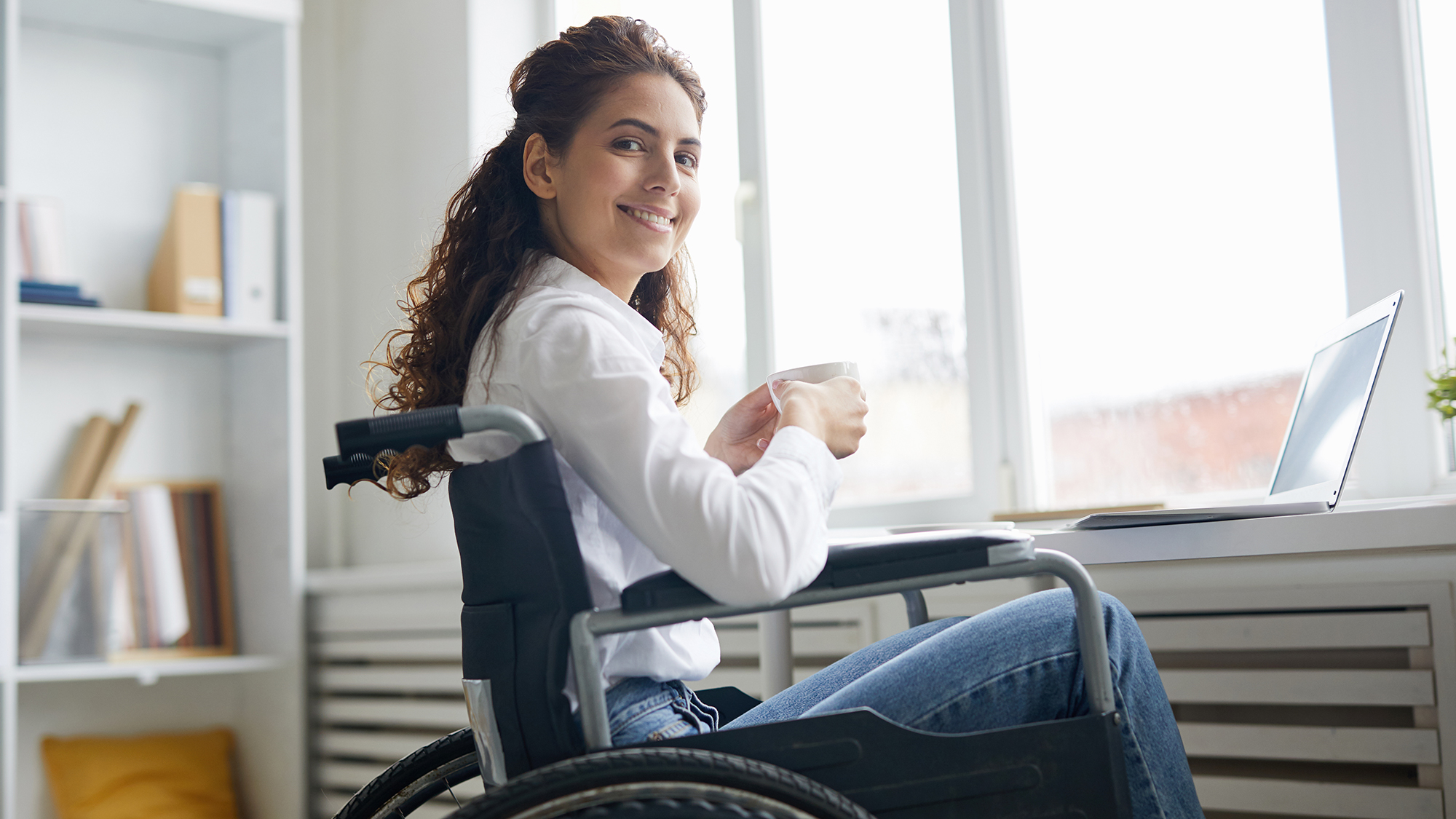
This week marks the International Day of Acceptance - a day dedicated to the social acceptance of disability. Paralympian swimmer Liz Johnson has some lessons she wants to share
It’s important to remember that for the 13.9 million people in the disabled community living in the UK, facing restrictions, challenges, and health anxieties is part and parcel of daily life.
The disabled community has been adapting to new ways of working since forever: learning to work from home, make effective use of online tools to collaborate with colleagues at a distance, face up to communication challenges, overcome barriers to access, and cope with glitchy tech without an IT department on tap.
And so, this International Day of Acceptance - a day that's dedicated to promoting the social acceptance of disability - Paralympian Liz Johnson wants you to know that there's so much you can learn from disabled people during a time when your lives are similarly limited at current due to the coronavirus pandemic.
Keep reading as she shares the lessons you can all learn from when sticking with your new normal.
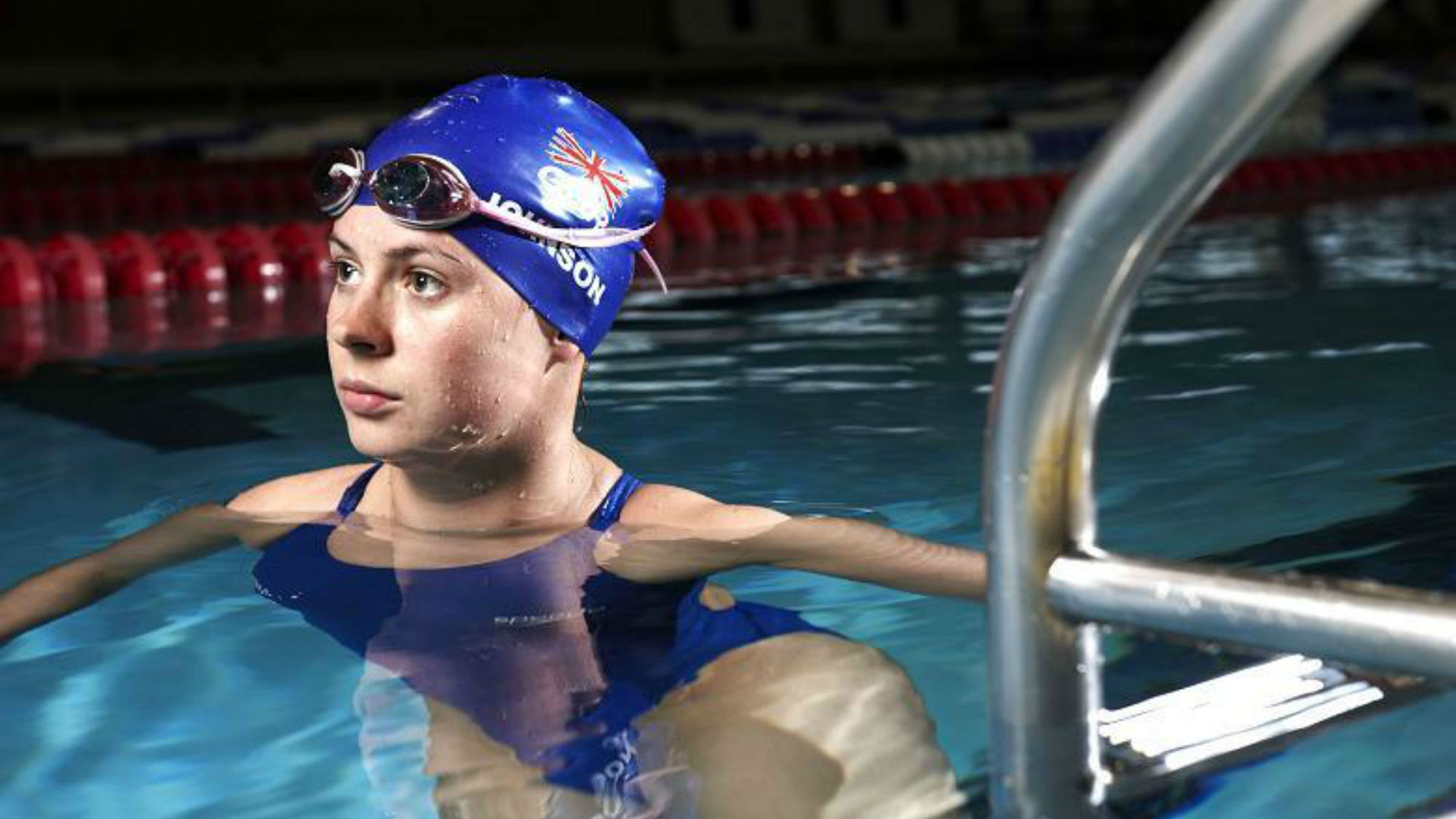
International Day of Acceptance: 5 things to know
1. With movement restricted, it’s important to take pleasure in the simple things
Liz tells Marie Claire, 'Most of the disabled people I know are also the happiest people I know, because as a group we’re incredibly good at seeing the positives in situations and focusing on the things that give us joy. Yes, we might have a disability that presents certain challenges, but we overcome them, adapt, and make the most of life.'
'Staying positive, thinking creatively about your approach to daily life and being thankful for the little pleasures is essential when you’re facing any kind of limitation or difference. Train yourself to appreciate the little things and value what you’ve got. You’ll feel extremely lucky now, and even luckier once all this is over and you can get back to normal. Focus on the opportunities that have arisen out of trying to navigate the new obstacles.'
Marie Claire Newsletter
Celebrity news, beauty, fashion advice, and fascinating features, delivered straight to your inbox!
2. Evaluating which commodities we really need is vital when access is limited
Most of us have never had to think twice about whether we can access exactly what we need in the shops: until now. All of a sudden we’re all figuring out when to shop to avoid crowds and queues, so we can get what we need and protect our health. Liz says that for many in the disabled community, this is a common consideration.
'If you’re now planning how and when to get to the shops - perhaps you’ve had to rely on somebody else to get your groceries due to isolation, or have planned your weekly outing to a supermarket under lockdown - remember how it feels to be restricted in this way, not accessing what you want so easily. And think about what you really need before buying things you already have. This can be used as an opportunity to try new recipes, with what is available or what we have in stock.'
3. The fear of not receiving adequate care is real and debilitating
The coronavirus crisis has forced everyone to worry about what will happen if they become ill but cannot be treated properly due to overstretched care services, and for many people living with disabilities, concerns about receiving adequate care is an everyday issue. Liz expands, 'Care budgets are being slashed, vital services discontinued and lifelines cut off. It’s exhausting to constantly have to fight for your basic needs, even to have to think so acutely about what you need to survive.'
4. It’s not easy feeling vulnerable, so we must all act selflessly to protect each other
Liz says we can learn from the experience of coronavirus by realising that feeling vulnerable is how lots of the disabled community will feel on a standard day. She adds, 'Learn to have empathy and to appreciate your health. Now and in future, help those who are struggling, be considerate and act as selflessly as you can to support the vulnerable and look after people’s specific needs. We all have a duty to support and protect one another.'
5. We’re more than capable of adapting to new ways of working. Perseverance is key.
Liz says, 'Although it can be isolating, working at home also means more time to crack on with the tasks at hand without the interruptions you might face at the office. You can also strike a better work-life balance without the stress of a commute.'
'It might feel as though you are juggling more whilst working at home but try not to view this as a negative. Be grateful for the additional time that you are able to spend with those in your household and appreciate that your work output can still be the same, the structure of your day might just look different at the moment.'
What is the International Day of Acceptance, and when did it start?
The International Day of Acceptance honors the late Annie Hopkins, founder of 3E Love and creator of the International Symbol of Acceptance.
As their website says: 'Tell the world you embrace who you are; a person with social rights, who has an opinion, who has interests, who has goals and who loves life. You are a person who is empowered to make a difference in the world and will not be without a voice in society. You are not living disabled, you are living.'
'Tell the world that you are accepting of people with disabilities. As our parents, siblings, relatives, spouses, children, lovers, coworkers, teachers, personal assistants, friends, and anyone else – you also have a role in our culture and life. You can start change by demonstrating acceptance and showing the world that you embrace people of all abilities. Embrace. Educate. Empower. Love life.'
For more on the International Day of Acceptance, head to dayofacceptance.com.
Olivia – who rebranded as Liv a few years ago – is a freelance digital writer at Marie Claire UK. She recently swapped guaranteed sunshine and a tax-free salary in Dubai for London’s constant cloud and overpriced public transport. During her time in the Middle East, Olivia worked for international titles including Cosmopolitan, HELLO! and Grazia. She transitioned from celebrity weekly magazine new! in London, where she worked as the publication’s Fitness & Food editor. Unsurprisingly, she likes fitness and food, and also enjoys hoarding beauty products and recycling.
-
 Meghan Markle reportedly reached out to the royal family with 'As Ever' samples
Meghan Markle reportedly reached out to the royal family with 'As Ever' samplesBy Jenny Proudfoot
-
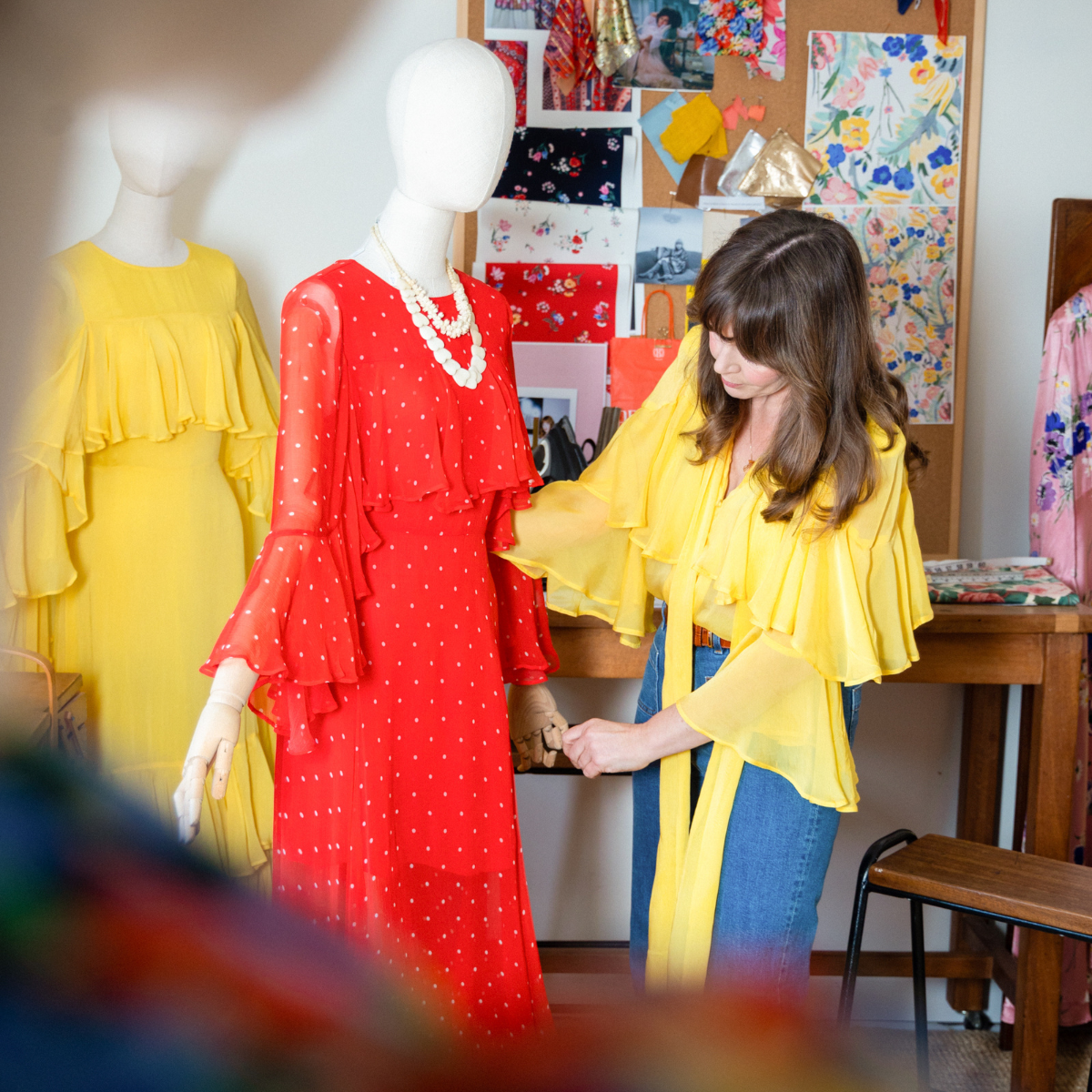 A day in the life of Nicola Orme, the Queens of Archive founder behind the fashion set's favourite vintage-inspired dresses
A day in the life of Nicola Orme, the Queens of Archive founder behind the fashion set's favourite vintage-inspired dressesEverything she gets up to in her 9-5
By Sofia Piza
-
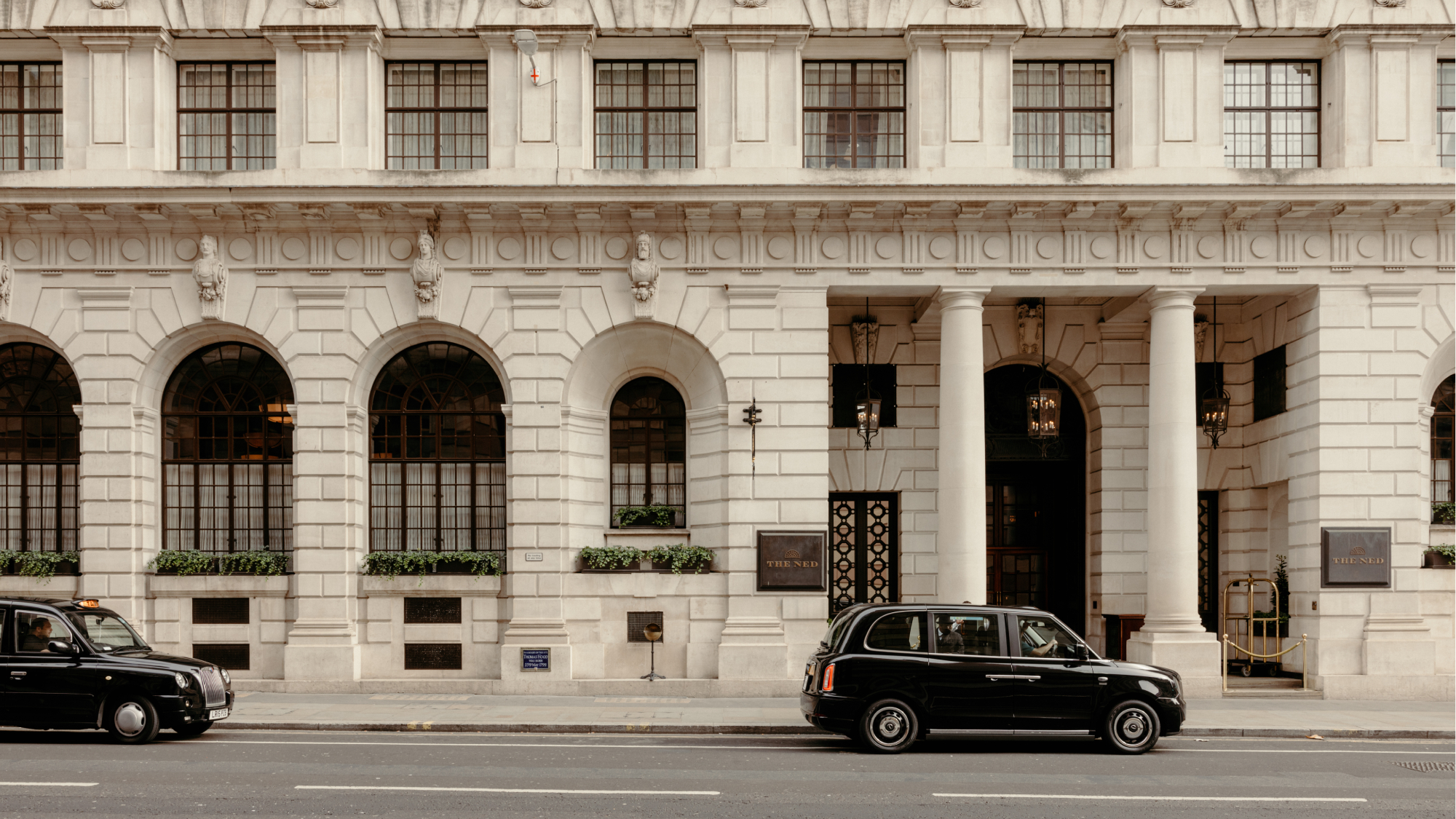 Easy Escapes: The Ned offers a decadent retreat in the heart of London
Easy Escapes: The Ned offers a decadent retreat in the heart of LondonThe Ned eclipses other London hotels with its sleek spa, extensive dining options and party atmosphere
By Lauren Hughes
-
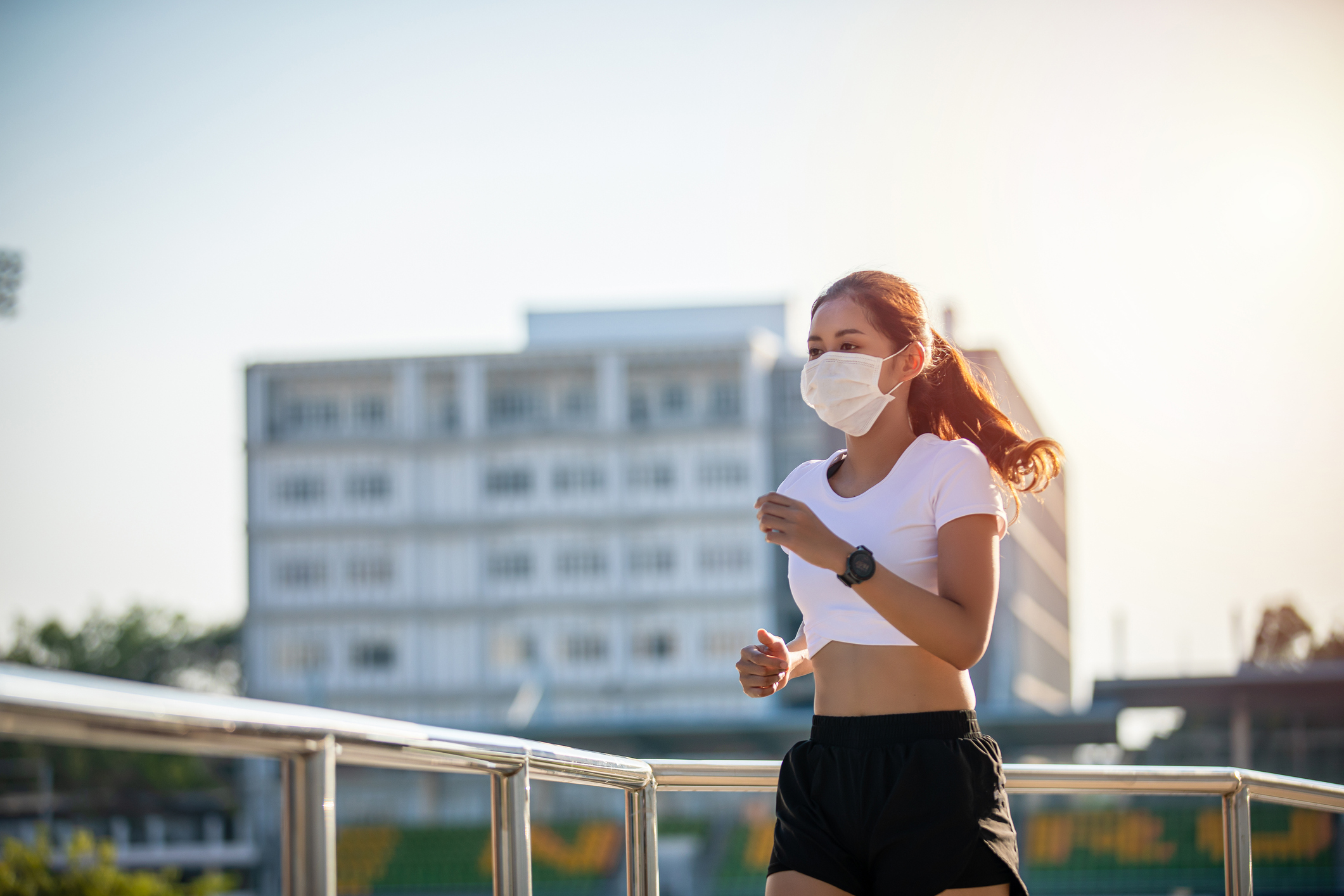 Why haven't I had Covid yet? 6 reasons, according to a doctor
Why haven't I had Covid yet? 6 reasons, according to a doctorAs new vaccine SpikeVax is given the green light in the UK.
By Ally Head
-
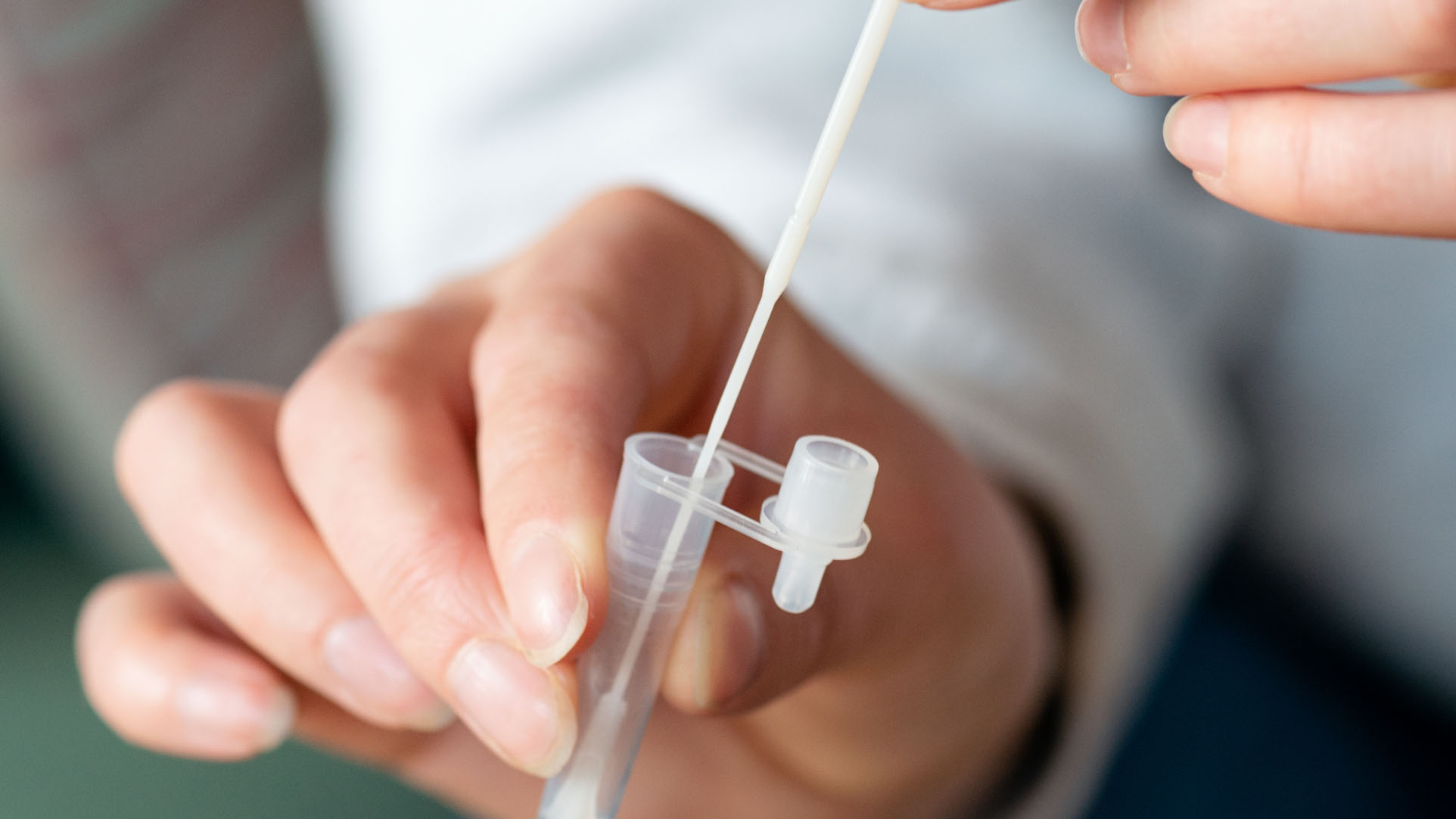 Here's how much lateral flow tests will cost, now that free testing is over
Here's how much lateral flow tests will cost, now that free testing is overIt's thought lateral flows will be more expensive in the UK than in most other parts of the world.
By Ally Head
-
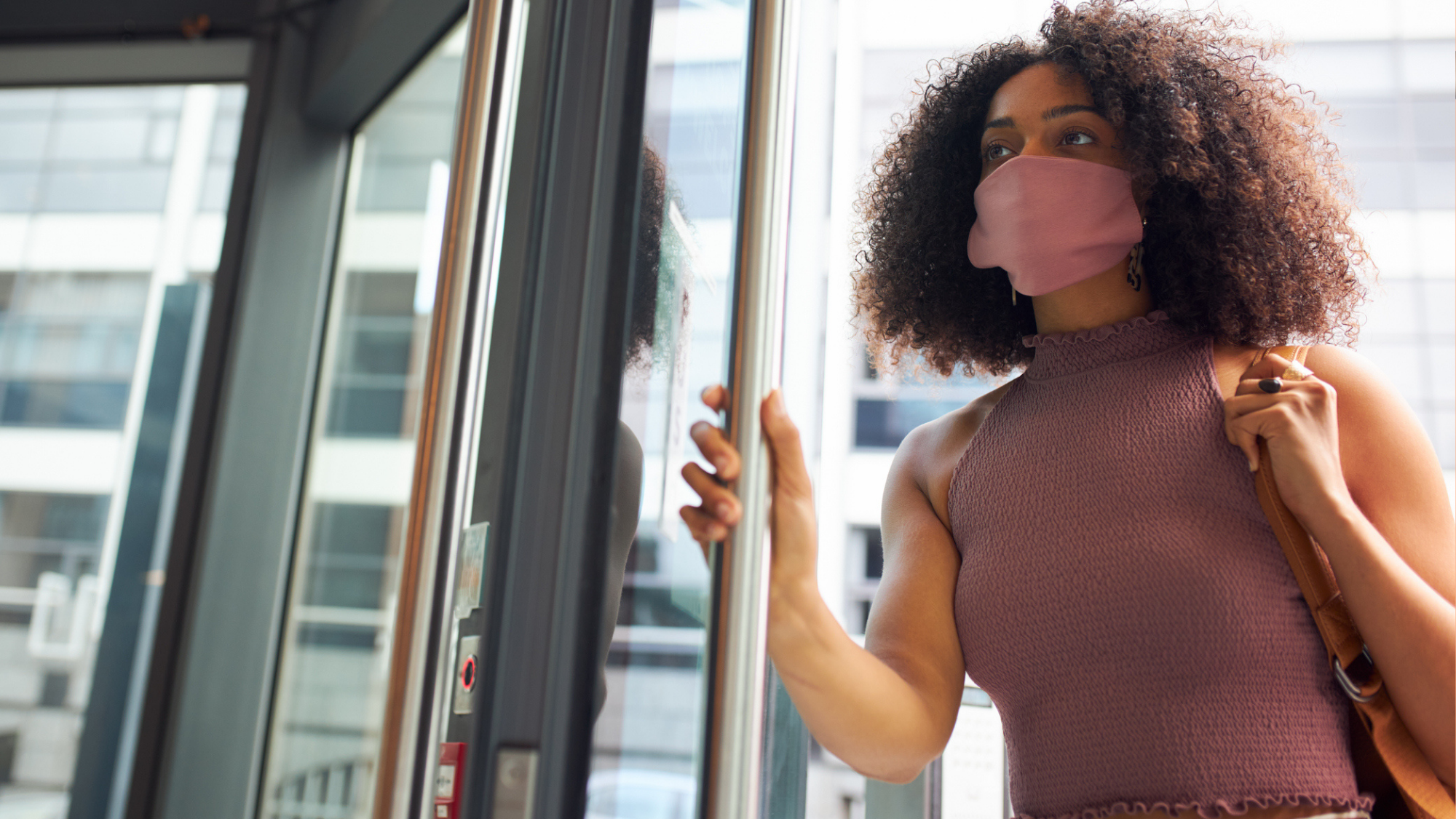 So, does Omicron cause stomach pain? Plus 7 other flags you may have the virus
So, does Omicron cause stomach pain? Plus 7 other flags you may have the virusThe Office For National Statistics reported last week that around one in 16 people currently has Covid in the UK.
By Ally Head
-
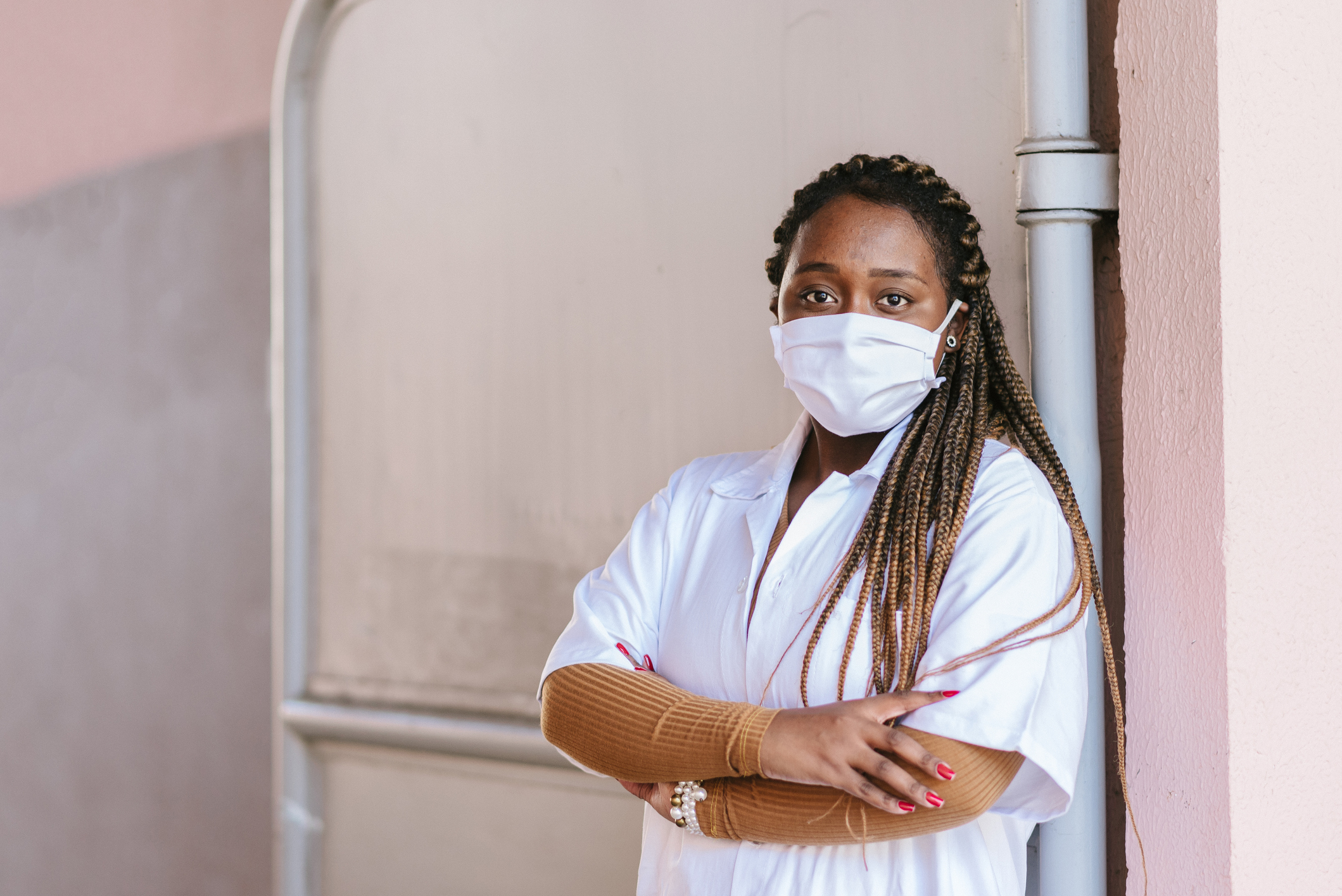 Your need-to-knows about the two new Covid variants, plus whether you need to be worried
Your need-to-knows about the two new Covid variants, plus whether you need to be worriedThey're being called "Deltacron" and "Stealth Omicron".
By Ally Head
-
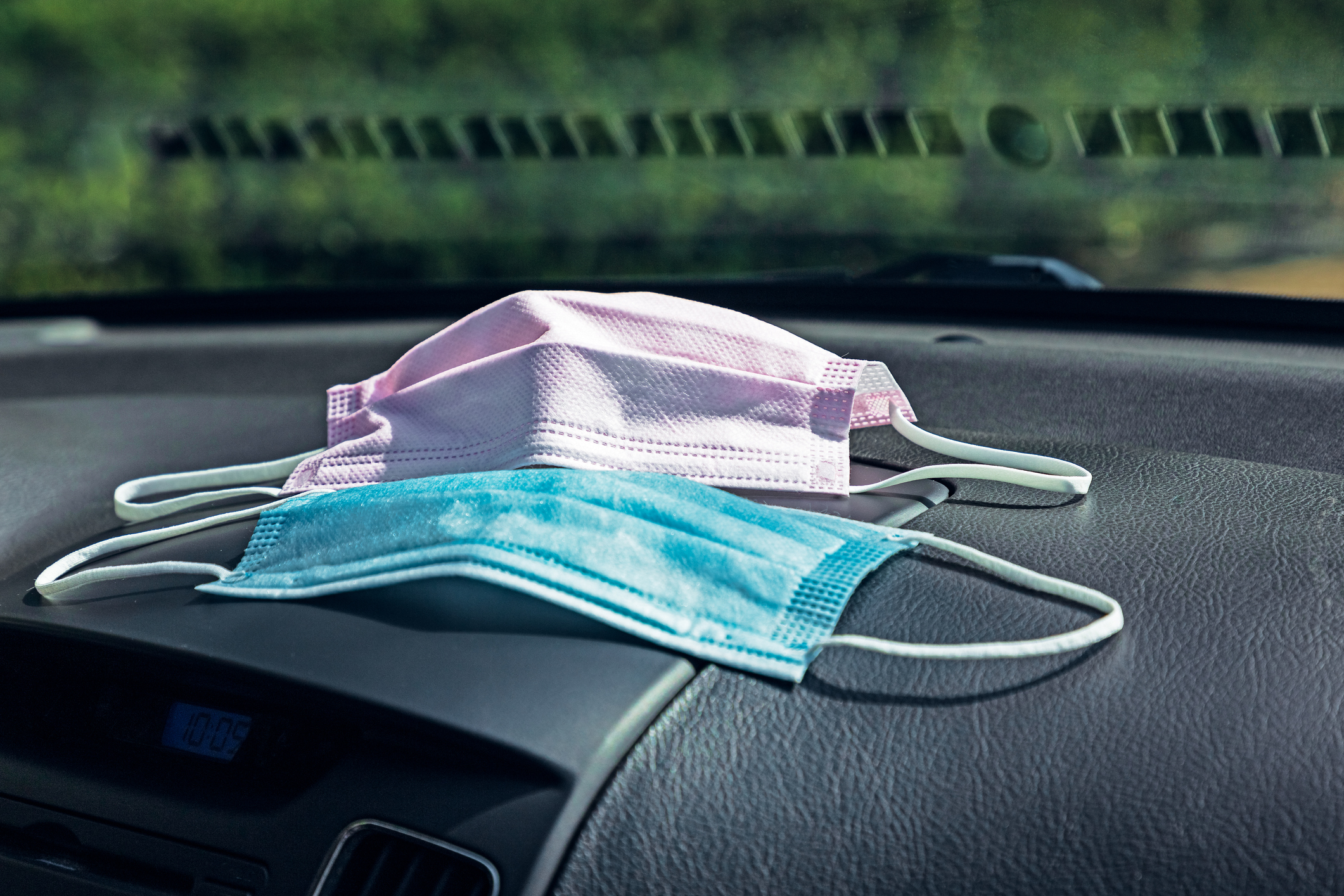 Those in contact with Covid-19 to test daily, plus all adults offered booster jabs to halt Omicron "tidal wave"
Those in contact with Covid-19 to test daily, plus all adults offered booster jabs to halt Omicron "tidal wave"Daily testing will be implemented from tomorrow, according to the latest announcement.
By Ally Head
-
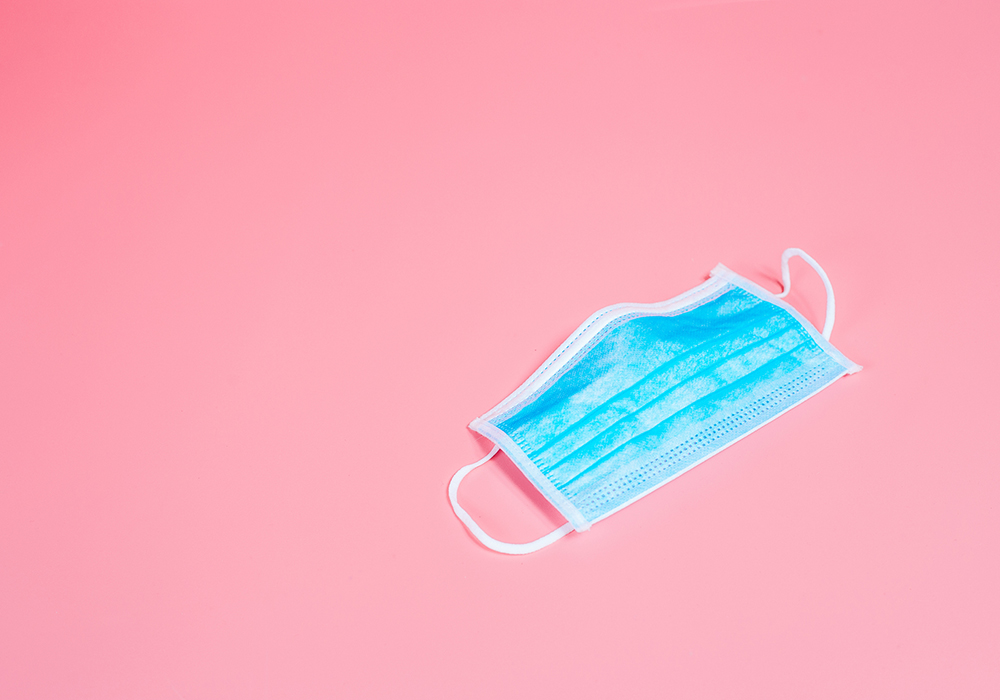 Omicron may have slightly different symptoms, says doctor who first discovered the variant
Omicron may have slightly different symptoms, says doctor who first discovered the variantThe new COVID-19 variant was first reported in South Africa last week.
By Catriona Harvey-Jenner
-
 43,000 PCR tests across the UK have shown false negatives
43,000 PCR tests across the UK have shown false negativesTest and trace has been suspended, as a result
By Ally Head
-
 Jabs may only offer 50% protection by winter, scientists discover
Jabs may only offer 50% protection by winter, scientists discoverNew research has concluded that the vaccine appears to become less effective as time goes on
By Ally Head